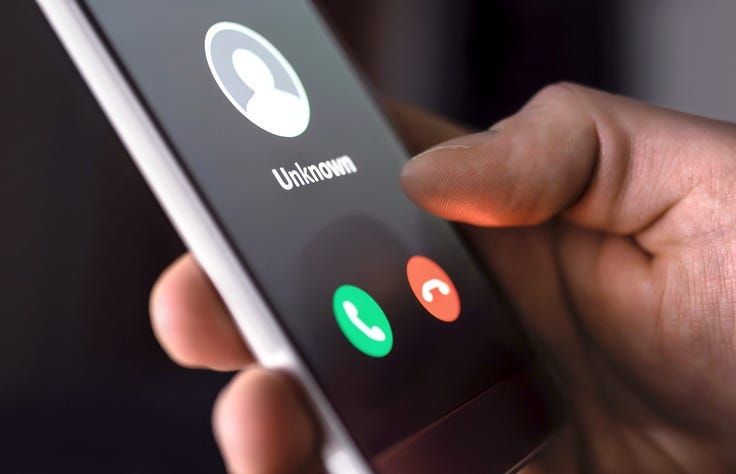
In our continuing efforts to educate and inform our citizens and to prevent them from becoming victims of scams, the Oconee County Sheriff’s Office is releasing today our July 2020 Scams Update.
A deputy from the Sheriff’s Office received word from a citizen that they were contacted on by a caller claiming to be from the FBI.
The caller told the victim that her name had been used to open several accounts and that her social security number was going to be cancelled.
The caller told the victim to purchase a $900 gift card to a national retailer and to call him back with the numbers on the back of the card to avoid losing money from her checking account, since that account is attached to her social security number.
The victim followed the instructions of the caller and suffered a $900 loss.
“A law enforcement officer will never contact anyone and request a payment to settle any issue, no matter what it is,” says Master Deputy Jimmy Watt, Public Information Officer from the Oconee County Sheriff’s Office. “Also, as we have mentioned previously, one of the sure signs of a scam is anyone requesting payment using a prepaid card or a gift card. Legitimate businesses and organizations will not request payment using a prepaid card or a gift card. Once the numbers from the card are provided to the scammer, the amount on the card can be transferred off of the card quickly and the money probably will be not be recovered.”
“Scammers will stir people’s emotions to illicit a response and when someone’s emotions are stirred, it can cause them to panic and make poor decisions,” continues Master Deputy Watt. “While we understand that many people would not want to hang up on someone who identifies themselves as a law enforcement officer, if something like this arises where someone is saying that a Social Security Number may have been compromised and they request payment to settle the issue, the best thing to do would be to hang up on the caller, do not provide any personal or financial information and contact the Social Security Administration and their local law enforcement agency immediately for guidance and to report a possible scam.”
The Sheriff’s Office received a report concerning a robo call that a citizen received from Duke Energy regarding a pending shut off of power due to non-payment.
The citizen, however, is a customer of Blue Ridge Electric Cooperative.
“If any of our citizens receive a call from someone saying that their power will be shut off due to non-payment and their power bill is paid in full, or, if the company claiming to be calling is not your provider, contact your service provider and report this scam attempt to them,” says Master Deputy Watt.
The Sheriff’s Office was notified by a citizen that they had received a letter in the mail from the South Carolina Department of Employment and Workforce in regards to an unemployment claim that he had not applied for with a company that the citizen owns being listed.
None of the company employees had been laid off due to the COVID-19 pandemic and none of the employees had knowledge of the claim.
The citizen had tried to contact the phone number listed on the mail but had not been able to resolve the issue.
The citizen also tried to log online to the unemployment website but was advised that the e-mail address did not match the individual who initially filed for unemployment.
The citizen also told the deputy that he was sent a credit or debit card from a financial company that he did not applied for, which was apparently applied for online.
“The Sheriff’s Office recommends that if any of our citizens have been victims of unemployment insurance fraud scams that they contact the South Carolina Department of Employment and Workforce at 803-737-2400 or online at dew.sc.gov,” says PIO Watt. “If any financial or personal identifying information has been compromised, contact the Sheriff’s Office and have a report placed on file just in case one would be required. You may also need to monitor your financial accounts regularly, request your credit report, contact your financial institutions regarding unauthorized transactions and ask that a fraud alert be placed on your credit records.”
Send your story idea to news@1063WORD.com.
Like 106.3 WORD on Facebook and follow @1063WORD on Twitter to engage in conversation about this article and others.
Get news headlines delivered to your email inbox by signing up here.
